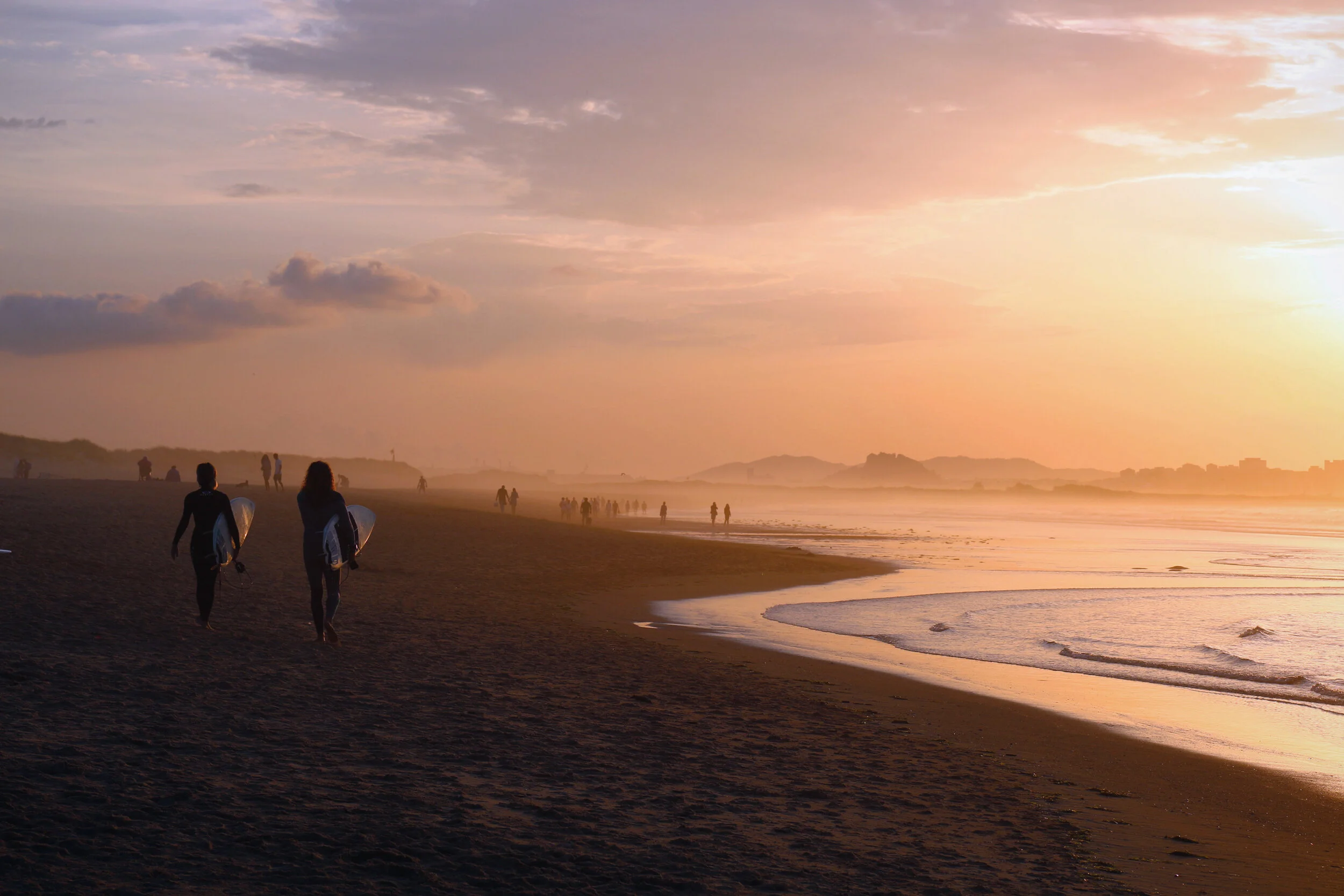Suduko, Students and Socialism
On a sunny afternoon in Valparaiso, a man sits in a enclosed outdoor cafe, filing in his Suduko puzzle. Around him, students hurl chunks of brick and pavement with tee shirts tied to their faces. Riot police spray mace and unleash water canons. He barely looks up.
Under the cover of night on September 10th, 1973, the Chilean Navy left the seaport city of Valparaiso. It returned at 5am, September 11th, with it's canons pointed at the city. What transpired was a US sponsored military coup, deposing the world's first democratically elected Socialist president, Salvador Allende. The military seized the city, and would shortly take over the capital, Santiago, an hour east. It began the brutal and repressive 16 year dictatorship of Augusto Pinochet. Under his control thousands of Chileans, largely students and young activists, would "disappear". An estimated 29,000 would be imprisoned and/or tortured.
Valparaiso served as a seat for social unrest during this time, starting some of the most popular student protests that would spread across the country. Activism, and a strong mistrust of the government, has been stitched into the sleeve of this city. Today's students carry the pain of their father's generation like a banner over their heads, their mother's suppression releases through the open valve of their wind pipes. Manifestation is a right of passage here, confrontation a lifestyle. So when they yell, "A Porteño doesn't scare when you look at him....Students take to the streets!”, you feel the depth of their conviction.
Back on the streets, a dance has begun between protestors and police. It's a dance they've done before. Advance, retreat, duck and cover, advance, retreat. You can sense the orchestration. Photographers scramble around with gas masks pulled over their faces. A woman follows the crowd selling snacks from a Tupperware dish. A group of school girls in skirts and leggings hurry around a corner, as water canons laced with mace spray the streets empty. The protest wasn't always this violent. When I joined an hour ago it was more festive, still loud and confrontational, but there were bands, costumes, and a few smiles. Demonstrators sang and danced for education reform. Those folks have largely all gone now, what's left has devolved into vigilantism. It's my cue to go home as well.
On the walk back, I notice shops along the protest route have begun to reopen, the day to day bustle washes back over the city like an incoming tide. Looking out across Valparaiso, after a steep climb to the Cerro Alegre neighborhood, I observe again the four battleships docked at the port. Chile has been the most stable and economically sound country in South America over the last 25 years, but on a day like today, you realize that they are still barley a generation removed from great tragedy, trauma....and all it's aftereffects.
